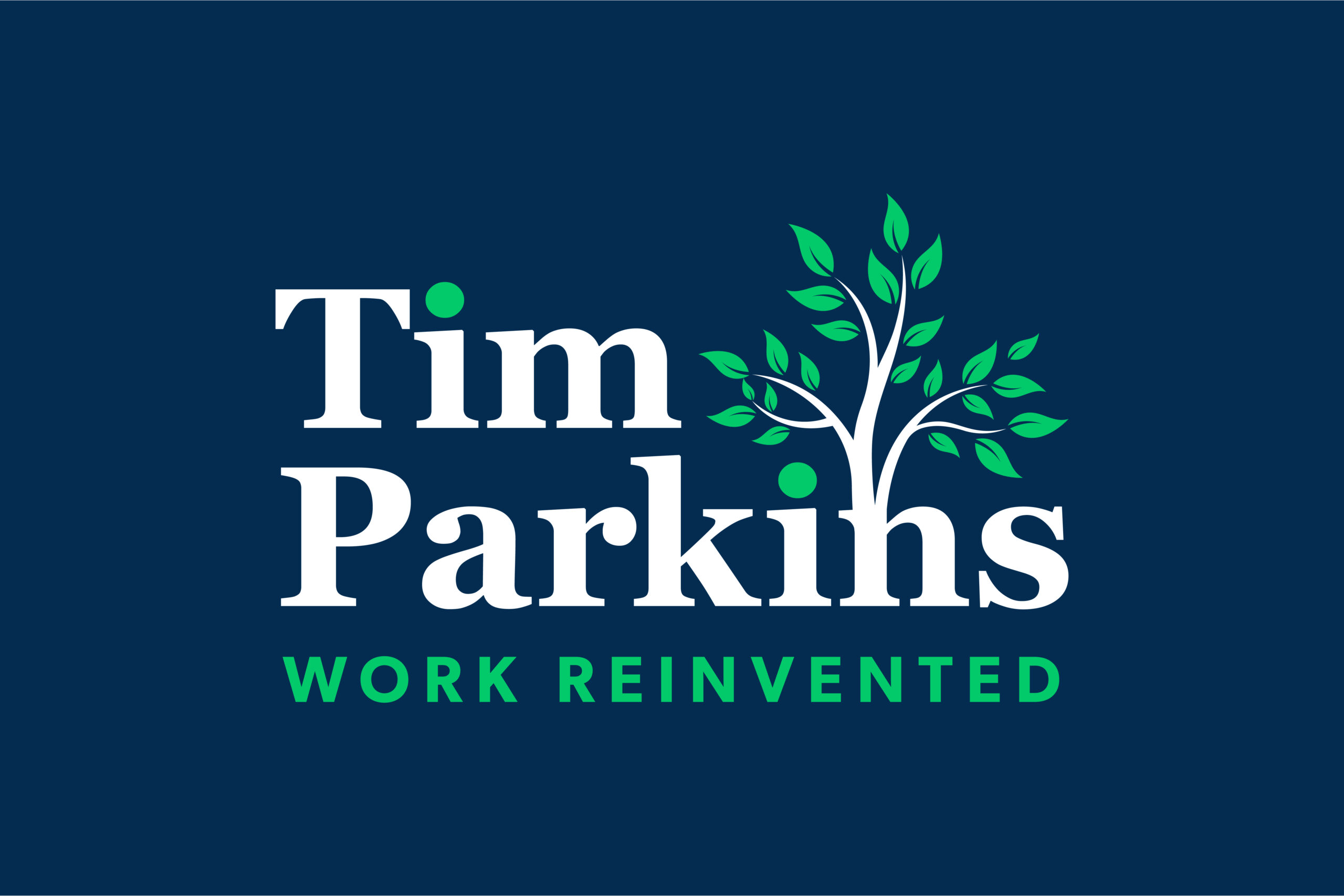Over the past couple of weeks, there has been a lot of discussion online around the idea of “quiet quitting”, which seems to be a sort of evolution of “The Great Resignation”. I previously made a case here that the “Great Resignation” was actually more of an awakening by employees, a realization that better was possible for them. Mostly, people were not leaving the workforce; they were shifting into jobs that more aligned with their goals. Which is a great thing!
Our collective every day experiences show us clearly that there are currently labour shortages in the market; being locked down like we were for so long really wreaked havoc on the economy. Supply chains broke, some sectors saw mass employee exodus for more stable employment, and demand dramatically shifted. We can see the impacts every day.
Yet – there is this “quiet quitting” movement happening at the same time. Why? It is a bit of a mystery to me, to be honest.
|
|
So, what is “quiet quitting”? It is about doing the bare minimum to get by in your job. Nothing more, nothing less. You don’t quit. But you stop putting forth as much effort as you are capable of, instead doing the least amount of work possible that still allows you to fulfill the obligations of your position.
Here is an article that talks about the pros and cons of participating in this trend.
The article does a good job of balancing the debate; of course, you should not put up with a toxic work culture or an environment that just exploits you, but that does not mean that you should not strive to produce the best work that you can.
However, the article makes a statement that I strongly disagree with. It claims that “when you boil it down, work is ultimately a transactional thing’“. I believe that this type of belief is fundamentally wrong, and it is the type of thinking that leads directly to trends like “quiet quitting”.
Work can – and should be – more than just a simple transaction, more than just an exchange of time for money.
Work should be a vehicle that allow people to express who they are, to showcase their talents and strengths in a manner that allow them to make the world a bit of a better place. To be fair, this is definitely easier for workers in the knowledge economy who typically have a bit more autonomy in how they do their work, but it can apply to other types of workers as well.
If you can shift your perspective on work to more closely align with that type of thinking, rather than looking at it as a pure transaction, you will get a lot more satisfaction from your work – and live a happier life.
So how do you do that? Craft your job to fit your strengths, goals, and desired way of working. And then keep delivering amazing results. Be, as Cal Newport writes, “So Good, They Can’t Ignore You”.
Do that, and you will find a lot of meaning in your work. You find meaning by doing great work and making things better. Quiet quitting is a sure-fire way to make sure that you don’t find any meaning at all in your work. And to be clear, that is not just harming your employer – it is harming yourself psychologically, as well as potentially damaging your future prospects.
Here is another point of view on the trend – and this article resonated with me a lot.
The author points out that employers can’t expect people to put everything that they have into their work, if you aren’t treating them properly. He points to research showing that in order to be really effective, people need all the following elements to be present in their work:
- Autonomy.
- Mastery.
- Belonging.
And as someone that experienced a severe burnout at one point in my career, I can attest to the importance of having these elements in your job. Spend your time working too long in a job that does not offer you those at your own peril; you are definitely at risk of burning out if you lack them.
Don’t follow the “quiet quitting” trend. Do yourself a favour instead; reflect on what you want your career to look like, how you want to be spending your precious time. And then find ways to continuously make tweaks and improvements to how you work to bring yourself closer to that vision.
If you want more clarity on how to go about doing that, grab a free copy of a framework that I use with my clients. If you implement the steps in the framework, you will be on your way to improving your quality of work – and of life. All without needing to phone it in at work.
Quotation that I have been pondering
We spend more and more of our time online. Information is instantly available, day or night. Social media draws us in with a siren song, reminding us how much we might miss out on. Our phones incessantly buzz with notifications and alerts, with media companies vying for our constant attention.
Which is why this idea from James Clear is so relevant.
How can you be more of a creator, and less of a consumer? Create, and unleash your power.
Journal Prompt
Take a few moments to reflect on this, keeping some notes. And just pick one idea to implement – today. It doesn’t need to be a big thing, just a small tweak to make things better. And see what it feels like to do it!
Have a great week!
Tim



